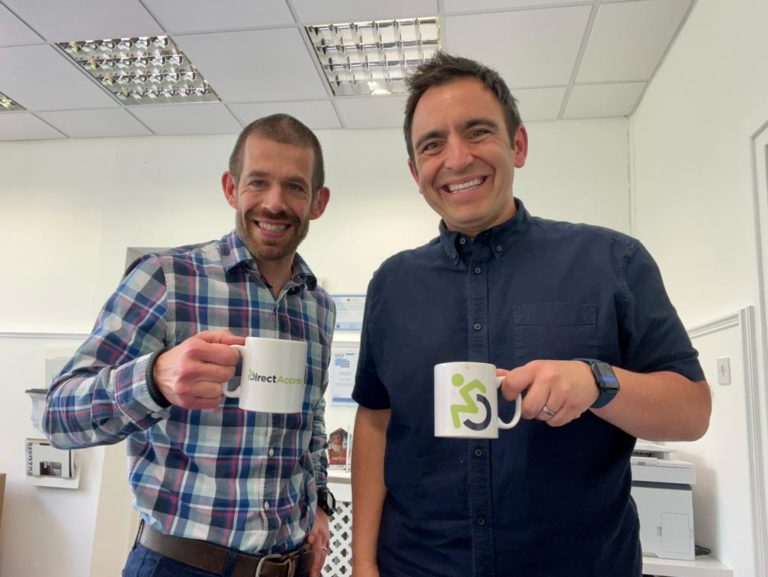When we think of the built environments that make up our society, whether that’s bus stations, libraries, hospitals, supermarkets, or hotels, thought is rarely ever given to the potential of these spaces were they to be rebuilt, readjusted, and made inclusive.
Indeed, when we think of accessibility and inclusion in relation to these environments, the first thought that occurs to most business owners is related to the immediate benefactor, which is, of course, disabled people – and is then more often than not, written off as an unnecessary and expensive process.
However, if these same business owners were to treat the discipline of inclusive design seriously, championing inclusion and accessibility, they would realize that accessibility is actually beneficial to business rather than a burden, allowing them to reap rewards in ways they would not expect.
Due to the legal requirements of businesses to acknowledge the accessibility of their site, whether by authority of the Americans with Disabilities Act in the U.S., the Equality Act in the UK, or the Dubai Universal Design Code in the UAE etc, people tend to perceive making their site accessible to the widest possible range of people as a financial strain, and that isn’t even worth implementing, to begin with. Often, this thought process begins with unfounded assumptions about the capabilities of disabled people, such as “How often do we get customers that are in wheelchairs?”, or “Why would an autistic person apply for work here?” or “How could a visually impaired person do this job?”.
However, when we adopt a ‘blue-sky thinking’; approach – and begin to understand the utility that an ADA compliant wheelchair ramp, split-height counter, arm-rested chair, sensory room, or hearing loop, can offer to businesses, the benefits begin to transcend beyond the disabled customer.
There are numerous stereotypes we associate with disabled people, be it through the reinforcement of one-dimensional characters in media, our social tendency to represent groups of people with the most extreme example, or pure ignorance on the subject. Many believe that disabled people are lazy, feeble, require constant attention, or are non-sexual. The list goes on. However, it’s one thing for us to say all these assumptions are untrue, it is something else entirely to see it in practice – which is why accessible environments in our society are so important.
If every business or public space in the world had a compliant wheelchair ramp for step-free access, the natural result is that we would see more wheelchair users in public spaces. If every reception desk in the world had an induction loop, or every busy marketplace, museum, train station, theme park, sports center, hotel, or information desk had a counter loop – suddenly deaf people would become more visible and active in our society. The consequence of this would be the realization that disabled people are not only as capable as we are – but actively wish to participate in society, and spend their money.
The business case for inclusive environments is about as strong as the moralistic case. There are huge commercial benefits to be had from adopting inclusive design principles and making built environments more accessible. In the United States alone, people with disabilities have nearly half a trillion dollars in disposable income. Simply put, organizations cannot afford to continue to ignore the needs of disabled people.
Some accessible adjustments might be costly in the short term, but none of them come close to affecting the bottom line of businesses in the long term. Even if you do not have an extensive budget, a “Mom and Pop” business can easily afford to install a hearing loop or two at their reception desks, in the same way, that a small bed and breakfast might have the spatial capacity to create an accessible bedroom without even realizing it. When we begin to think about accessibility in this way, we realize how easy it actually is to make adjustments. Then, if you make enough adjustments, you suddenly have the capability to employ disabled people – expanding the potential pool of applicants for vacant positions within your business.
In the short term, nobody is expecting every environment to be perfect – because it is truly challenging to accommodate absolutely everyone – but striving to create an equal society in the sense that everyone can access space, service, or experience without segregation should be a goal we set as a society regardless. Not only is becoming inclusive and accessible the right thing to do, but it is something that should be taken seriously if businesses wish to thrive.
